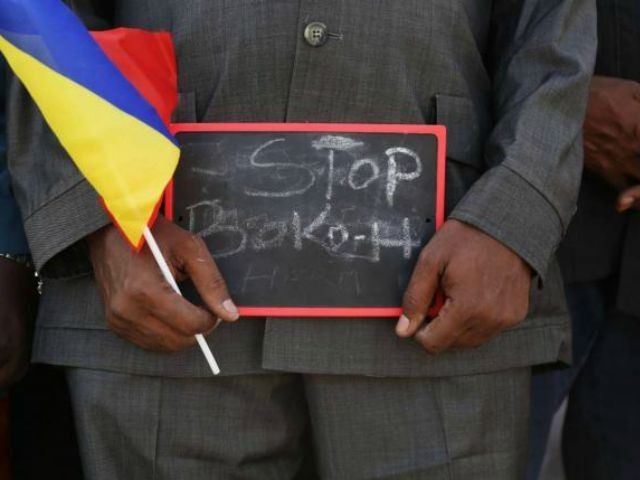Christians in Cameroon gathered around mosques to protect Muslims near the Nigerian border from Boko Haram attacks.
The radical Islamic group attacked a fifth mosque during morning prayers on Monday, using a 14-year-old boy and killing four people. Officials believe the boy came from Nigeria, where the terrorist group formed.
Boko Haram’s usual targets include churches, markets, and populated areas. After feeling its wrath for almost six years, Christians say they united to make sure Muslims do not suffer as much as they have.
“I feel frustrated seeing my brothers and sisters dying. I must act while praying to God to send his angels and warriors to fight Boko Haram because he is the merciful God of armies,” explained Joseph Klofou of the Protestant Church of Cameroon.
The Christians said they must protect the Muslims “for the well-being of the country and as a duty of faith.” Jacques Mabali, 55, of the Evangelical Lutheran Church told the media he must “defend his country from violence.”
Cameroon houses nearly 24 million citizens. Out of that number, 40 percent identify as Christians, and 20 percent are Muslims. The other 40 percent hold indigenous beliefs.
Muslims also protect Christians during their weekly worship.
“I am out to fight because Boko Haram is a group of bad people. Islam condemns all that they have been doing to both Christians and Muslims who are all God’s creatures even though they have religious differences,” declared Djafarou Alamine of the central mosques.
In August, Nigerian President Muhammadu Buhari demanded his military destroy Boko Haram in three months. Boko Haram has been terrorizing Nigeria since 2009, killing over 20,000 and spreading into Cameroon, Niger, and Chad. The attacks have displaced over 1.5 million people.
On Christmas Eve, Buhari asserted the military met its deadline and had won the war against Boko Haram, since the terrorist group could no longer launch massive attacks.
“I think, technically, we have won the war,” he said. “Boko Haram is an organized fighting force, I assure you, [but] we have dealt with them.”
Yet, only a week later, female suicide bombers attacked Maiduguri and killed over 80 people.
The attacks continued, spreading into neighboring countries Chad and Cameroon.
In late December, a female bombed a town in Cameroon’s north region. Other Boko Haram militants encircled three food trucks, but did not kill anyone.
On January 13, female suicide bombers blew up a mosque near the Nigerian border, which killed twelve innocent civilians. Midjiyawa Bakari, the governor of the region, reported the attack “reduced” the mosque to ashes.
Last September, Amnesty International reported Boko Haram killed more than 400 civilians in Cameroon since 2014.
“As Boko Haram has brought its violence to Cameroon, civilians have come increasingly under fire,” stated Alioune Tine, the organization’s director for West and Central Africa. “By killing indiscriminately, destroying civilian property, abducting people and using children as suicide bombers, they have committed war crimes and caused untold fear and suffering to the civilian population.”

COMMENTS
Please let us know if you're having issues with commenting.